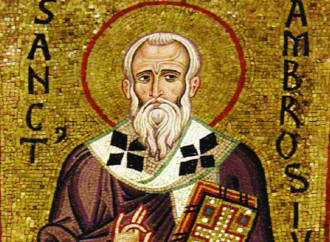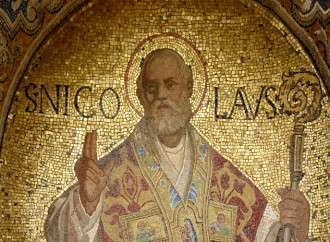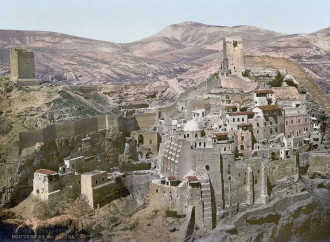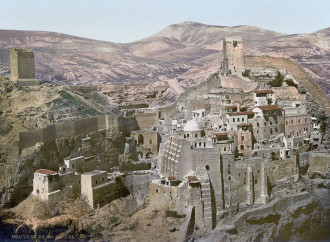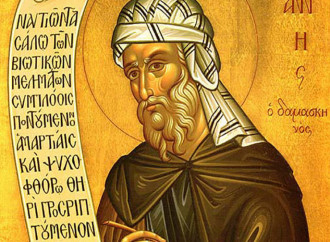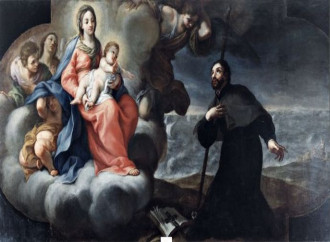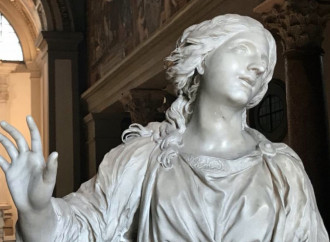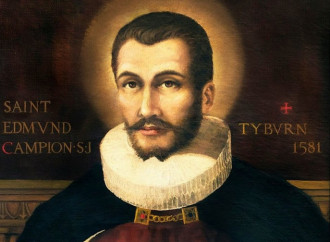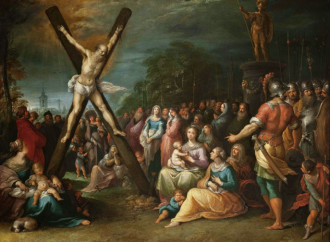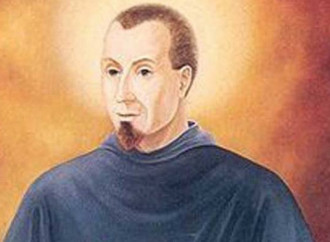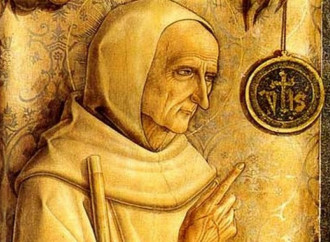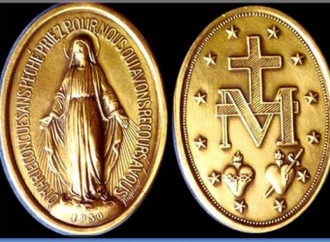Saint Ambrose
For his work to safeguard correct doctrine, he was proclaimed among the first four great doctors of the Church, together with Augustine, Jerome and Gregory the Great.
Saint Nicholas of Bari
The title “of Bari” is due to the transfer to the Apulian capital of many of his relics, which took place in 1087.
Saint Sabbas the Archimandrite
Founder of a particular type of monastery, called “lavra,” he played a substantial role in the spread of Eastern monasticism.
Saint Sabbas the Archimandrite
Founder of a particular type of monastery, called “lavra,” he played a substantial role in the spread of Eastern monasticism.
Saint John Damascene
He wrote sublime pages about the Blessed Virgin and was able to refute the then widespread iconoclasm.
Saint Francis Xavier
He is considered the greatest missionary of modern times.
Saint Bibiana
Her martyrdom was perpetrated during the historical interlude of the empire of Flavius Claudius Julianus (361-363), known as the Apostate.
Saints Edmund Campion and Companions
Saint Edmund Campion (1540-1581), known as the Pope’s Champion, was born in London during the vicious years of the Anglican Schism.
Saint Andrew
He was the first apostle to lead Peter to the Lord. Andrew preached the Gospel in Asia Minor and Scythia. He suffered martyrdom in Greece, in Patras, where he was crucified on an X-shaped cross.
Saint Francis Anthony Fasani
He had joined the Franciscans as an adolescent taking the religious name of the two saints of the Order to whom he was most devoted, Francis of Assisi and Anthony of Padua.
Saint James of the Marches
He spent his life in the service of the Church, becoming one of the leading figures in the 15th century together with his friends Bernardine of Siena and John of Capistrano.
Blessed Virgin of the Miraculous Medal
On 27 November 1830, the Blessed Virgin appeared to Catherine Labouré. The saint saw Our Lady wearing a white dress like the dawn, a blue mantle and a long white veil, standing on a half globe enveloped in the coils of a snake.
